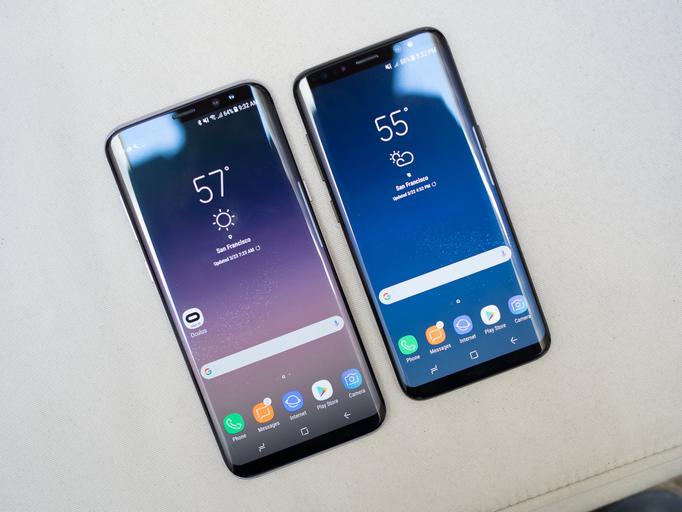Samsung’s flagship S-series helped establish it as one of the most popular mobile phone brands on the planet, with consumers happy to pay the high prices in return for sleek design, powerful hardware and class-leading cameras.
Four years ago, the Galaxy S8 and S8+’s new design and cutting-edge specifications helped them to become the second and third best-selling phones of 2017, respectively, and their popularity endures in the second-hand market even today.
Sadly, this popularity could be coming to an end – Samsung has stopped supporting both of these models with important updates, which means we can’t recommend you buy one.
Read on to find out why and what to do if you own a Galaxy S8 or Galaxy S8+.
Browse all our mobile phone reviews, then find a great mobile phone contract deal on Which? Mobile Switch
Why mobile phone security updates matter
With the wealth of information your phone holds, it’s vital to keep your data safe. If your phone is still being supported by the manufacturer, this is as easy as clicking a notification and downloading the latest update when it arrives.
But brands don’t update phones forever – some only offer two years of support, which is well below the five years we’ve found the hardware can last, on average.
This makes your phone an easier target for hackers, who could exploit vulnerabilities that will no longer be patched. The longer the phone remains out of support, the higher the risk.
If you own an S8 or S8+ you might be aggrieved at having to change your device – but, in fact, Samsung is one of the better brands when it comes to supporting older phones.

It has typically offered four years of updates for premium handsets like the S8 series, and this year it announced that the majority of its phones launched from 2019, including cheaper models, will be supported for four years as well.
This puts it in the lead for Android, where some brands such as Honor, Motorola and Realme only offer two years of updates after the phone’s launch date.
It has a way to go to beat Apple, though. Its official update policy is five years, although in practice it often beats this, with 2016’s iPhone 7 still going strong on the latest OS.
Find out which mobile phone brands offer the longest update support periods
What to do if you own a Samsung Galaxy S8 or Galaxy S8+
If you’re currently using the S8 or S8+, we recommend you upgrade to a newer phone when you can.
Your handset is unlikely to be exploited by hackers as soon as it drops off the update cycle, but the longer you wait the more the risks increase.
Read our guide to smartphone security for our tips to keep safe when using an unsupported phone, and when you’re ready to shop around, check our round-up of the the best mobile phones.
Smartphone security: how Which? can help
Our research on security updates can help you check status for a phone that you own, or help you make the right buying decision for a new one.
Enter the make and model of a phone you’re interested in the search box to find out more.
We update our tool every month to give you the most up-to-date information.
If you’re shopping for a new phone, head to our tech specs to find all the security information you need in one place.
You can see if a phone is still being updated, how much longer the updates will last and the brand’s typical update policy.
You’ll see a Security Notice banner on reviews of all phones that are no longer supported, to clearly warn you of potential issues. You’ll also find this on other categories where we’ve found security concerns. Read more about the Which? Security Notice.
We also remove Best Buys from phones that are no longer supported, along with models that have less than a year of support left.
Which? calls for longer support periods
Unsupported phones pose a huge problem. Consumers risk having their personal data exposed and the short phone lifecycles will only add to the country’s growing e-waste problem. We believe brands could and should do more.
At a minimum, we want manufacturers to provide:
If manufacturers fail to provide adequate and transparent update support then the government will need to intervene in the interests of smartphone users.









